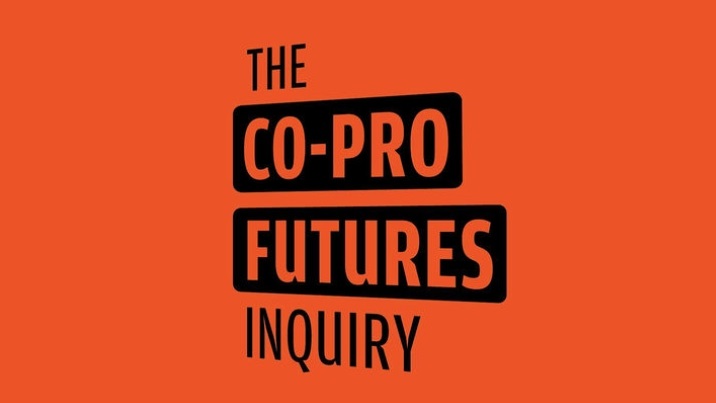Co-Pro Futures Inquiry

New inquiry aims to remove barriers to co-produced research in higher education institutions.
Academics from the Universities of Liverpool, Manchester and Sheffield, have launched a new collaborative inquiry which aims to improve the conditions of co-produced research in UK Higher Education.
Co-produced and participatory research is a crucial part of the national and international research agenda. Yet despite attitudes among researchers being broadly positive towards co-produced research, the processes and policies within institutions frequently create barriers that prevent research being carried out in collaboration with partners and communities. The Co-Pro Futures Inquiry has been established to capture the current picture of co-produced research, promote examples of best practice, and find solutions to common problems. It will engage different perspectives to identify the barriers and enabling conditions for co-produced research and will provide an action plan to support and embed co-produced research in higher education institutions.
The Co-Pro Futures Inquiry is a two-year project (2024-2026), co-led by Professor Catherine Durose, Co-Director of the University of Liverpool’s Heseltine Institute, Professor Beth Perry, Urban Institute at the University of Sheffield, and Professor Liz Richardson, Department of Politics at the University of Manchester.
All researchers, and professional services staff who support research are being encouraged to share their experiences and evidence of co-production research, either by email - coprofutures@gmail.com - or via a short Google Form. Evidence can also be admitted through the official Co-Pro Futures Inquiry LinkedIn group. The deadline for submissions is 28 February 2025.
Professor Catherine Durose said:
“The Co-Production Futures Inquiry is an important opportunity for the higher education sector to get our own house to work more effectively and equitably with communities to solve the pressing problems we face as a society. We will be building collective intelligence on what works well, what doesn’t and what needs to change. Please share your experiences and insights through our Call for Evidence and Ideas!”